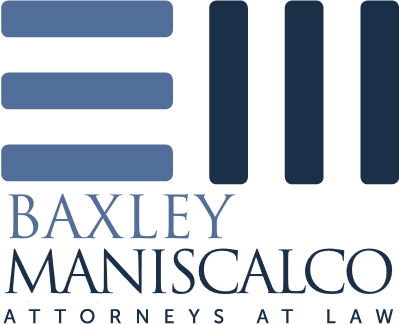Incapacity, Powers of Attorney & Advance Directives
The aging of a loved one can be trying, and it often pushes families onto challenging legal terrain. Our Anniston Alabama Elder Law attorneys are experienced and ready to help you prepare for and deal with the issues that aging often brings.
Dementia
Dementia is a medical term which refers to a number of symptoms involving diminished mental capacity. Dementia is generally diagnosed by an assessment of a person's orientation, memory, and ability to perform activities of daily living. If you believe that you or a loved one is experiencing symptoms of dementia, please see a qualified physician.
In the legal realm, the onset of dementia can cause major problems, and if not properly addressed, can lead to bitter family disputes and costly litigation.
Legal Capacity
"Legal capacity" is a term of art meaning the mental state and ability a person must have in order to perform a given task. Alabama legal capacity standards vary based on what the person seeks to do. To execute an Alabama Durable Power of Attorney, for example, a person must only be be "able to understand and comprehend his or her actions." On the other hand, the mental capacity required to execute a will in Alabama requires that a person generally understand (1) the nature and extent of their property, (2) the disposition they seek, and (3) the identity of the people who stand to receive the property.
Legal capacity is, of course, a legal determination. A medical assessment of capacity or incapacity--while carrying great weight--does not in itself render a person capable or incapable of a given legal task. Rather, it is up to the people involved (the individual, their family members, the attorney, and, in some cases, the judge) to decide whether they believe a person is able to take certain actions.
Alabama Power of Attorney
When it comes to dementia and incapacity, planning can make all the difference. The sooner one acts, the better, but tragically, dementia and incapacity are issues that are commonly left unaddressed until too late.
For example, a person suffering from dementia may lose her ability to pay her bills on time, or to safely manage her medications. The simplest and most effective solution would be for her to execute a Durable Power of Attorney. In a Durable Power of Attorney, the person (called the "principal") executing the document gives another person (called the "agent") the authority and power to do certain kinds of acts on her behalf. If the document is well-drafted and the principal has the appropriate legal capacity at the time of its execution, the Durable Power of Attorney will allow the agent to manage such tasks even after the principal's mental capacity is lost (hence, it is "Durable").
If, however, the person suffering from dementia has not executed a Durable Power of Attorney and no longer has the appropriate capacity to do so, the likely result is that no one will have the legal authority to manage her affairs on her behalf. In certain circumstances, this can have terrible results, with persons living in squalor, falling prey to scams and predators, going unmedicated, and even dying.
Guardianship & Conservatorship in Alabama
In a scenario like the one described above, a person concerned about the welfare of an incapacitated friend or loved one has only one option: to pursue a guardianship and/or conservatorship. For more information about this process, visit our Guardianship & Conservatorship page here.
Alabama Living Will
In most cases, a Durable Power of Attorney, while extremely helpful, has certain limitations; an agent under a standard DPOA cannot make "end-of-life decisions." By executing an Advance Directive, more commonly called a "Living Will," a person can ensure that her wishes are respected. The Advance Directive enables a person to decide whether medical treatment and artificially provided food and hydration should be continued if the person is (1) unable to communicate and (2) has no chance of recovery and/or is certain to die soon.
There is a misconception that to execute a living will invariably means that a person is choosing to "pull the plug." This is inaccurate. If someone wishes to continue receiving treatment and hydration no matter what, the Advance Directive will ensure that they do. In short, an Advance Directive is the way you maintain your rights of dignity and self-determination.
Calhoun County Elder Law Attorneys
For more information, or to discuss your particular circumstances, please call to set up a meeting with our experienced Alabama Elder Law attorneys.
